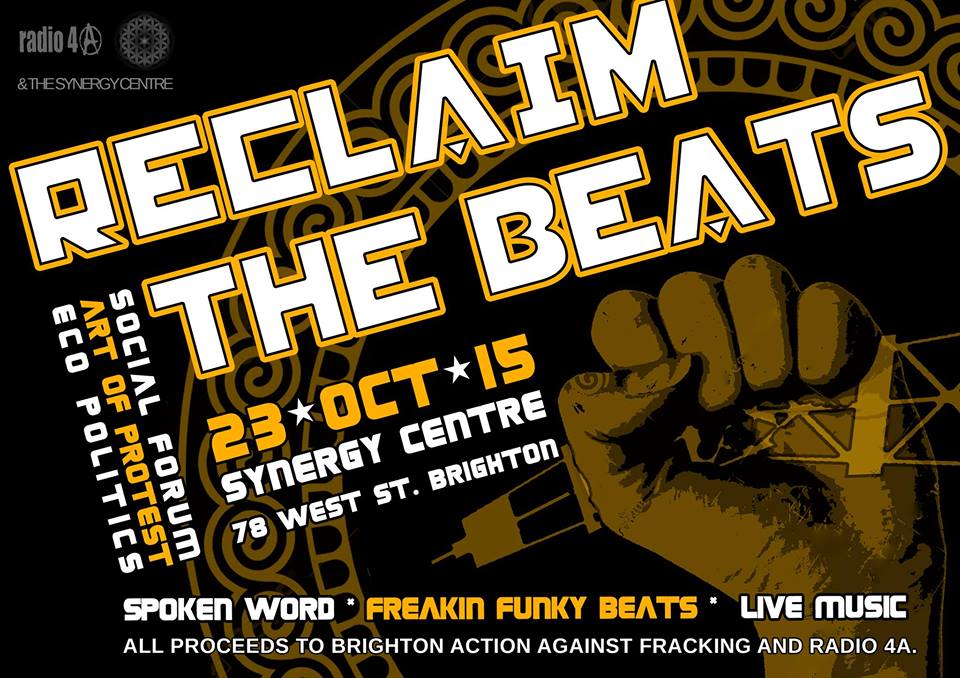by Kelly Reichel
COP21 what was decided and what can we do?
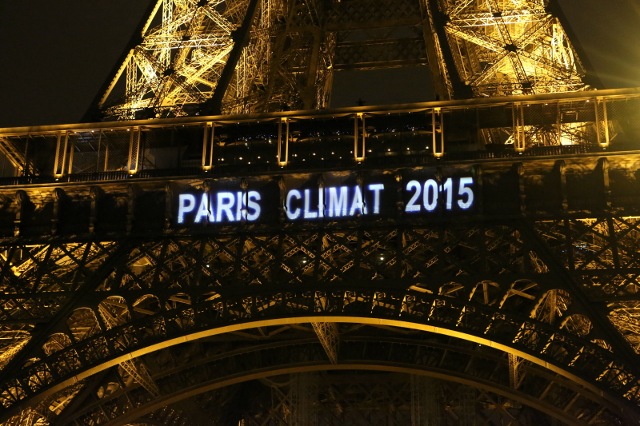
(Image source: http://portail.cder.dz/spip.php?article3845)
For the last 20 years, sInce the first UN climate conference in Berlin (COP1) in 1995, there has been much hope that world leaders could figure out a solution to the severe climate problems of our planet when they all come together at the yearly conference. And every year, before the conference takes place, there are people who remind us that this time it counts, that there urgently needs to be drastic change to stop our planet from heating up and that the decisions made at this conference must really support this change. So once again at the end of 2015 climate activists reminded the public and those in power how important this conference was through creative direct actions and huge protest movements. But what were the results?
Outcomes
The outcomes of the COP21 in Paris have been celebrated by the major media outlets and many politicians as a historic event. The 2015 Paris Pact is the first legally binding agreement between all 195 UN members, which set as its main goals the reduction of emissions to keep global warming under 2Ccompared to preindustrial levels. Sounds great, however, the reality is quite a lot more challenging.
Challenges
First of all, the agreement is not actually as binding as it sounds. One of the core ideas, vital to the goal of keeping global warming under 2C, is to reduce greenhouse emissions, unfortunately, the agreement made is only partially binding: while countries have to commit to a reduction, the amount to be reduced can be chosen by each individual country, in the form of voluntary pledges. This voluntary pledge system was agreed in favour of countries who's economies depend on fossil fuel-fired industry. The USA, India and China, feared that reducing emissions could slow down their economic development. On top of this, the agreement lacks a control mechanism to check if countries actually stick to their goals and no system of punishment in place in case they don’t.
Secondly, these pledges will not come into force before 2020, which means that the next 4 years will continue to contribute to global warming, and many of them are not as ambitious as they would have to be to achieve the goal of staying below 1.5 2 C. The Director of the Centre for International Climate and Energy Policy, Steffen Kallbekken, claims that
By the time the pledges come into force in 2020, we will probably have used the entire carbon budget consistent with 1.5°C warming. If we stick with the INDCs (‘Intended Nationally Determined Contributions’) we will have warming between 2.7°C and 3.7°C.’ SK, source New Internationalist
For many people, for example, inhabitants of small islands in the Pacific, everything above 1.5C is already life threatening and will make their homes uninhabitable. Environmental organisation Friends of the Earth responded to the final agreement as follows:
Responsibility and compensation for the cost of climate disasters are excluded from the agreements. This is more a curse than a blessing for poor countries, who will have to bear the cost of climate change related disasters such as floods, desertification or droughts.” source Aseed
Thirdly, the Paris agreement does not even mention some of the most pressing problems that need to be talked about and changed fundamentally if we want to keep global warming to a minimum. Decarbonisation is a great goal but it has to include tackling issues like the burning of fossil fuels, the growing consumption of meat and dairy products globally escalating methane emissions, or deforestation. However, there is little talk of any of these problems in the Paris agreement and the words “fossil fuels” or “agriculture” are conspicuous in their absence. If we want the globe to stop heating up, we need to change everything from food production to the transport system to the economic organisation of our society. Unfortunately, the outcome of the COP21 seems to suggest that the way to go is business as usual.
All this goes to show that we can’t continue hoping for those in power to fix the problem on our behalf. We need to create change ourselves.
Ben, a Brightonian, who cycled to Paris in December with Climate action network explains:
We knew the agreement made at COP21 wouldn't be anywhere near what we need to keep below 2 degrees warming, but what surprised me was that the little that got into the media, and reports from the NGO's seemed to proclaim it as a triumph.
It's challenging to see where the triumph lies, or even to see much of an improvement from the situation pre-COP21. What it means is that we have to stop relying on politicians and business for a sustainable future and that the struggle for climate change continues. It also means that it is to each and everyone of us to take action, collectively, creating local, community based alternatives to the current system, and individually, even if it is only small things like riding the bike more often or having a meat-free diet.
Kelly
If you would like information on how to lower your carbon footprint we have lots of information available here and at the centre itself. To start a carbon conversation or to find out more about our work around climate change please email This email address is being protected from spambots. You need JavaScript enabled to view it.

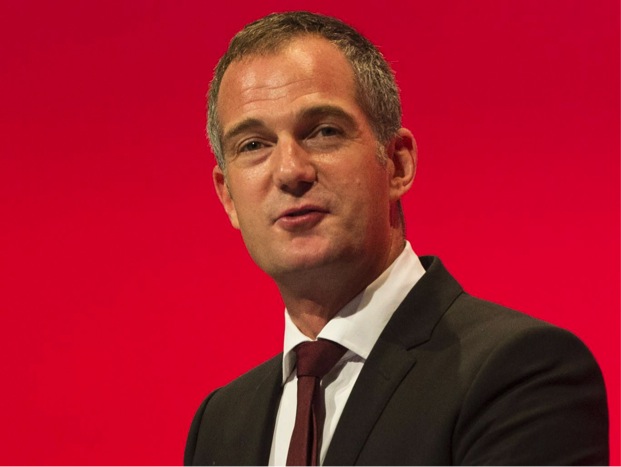 Peter Kyle, MP for Hove (Labour), has voted for the air strikes. He sent us a statement, which also went out on Facebook soon after the result of the vote.In this statement he justifies backing the Government’s motion with the argument of the urgency of regaining power over the areas controlled by Daesh, to help “reclaim [the Syrians’] land for them and then support them in rebuilding their country”. Military action, in his opinion, was the quickest way to achieve this outcome:
Peter Kyle, MP for Hove (Labour), has voted for the air strikes. He sent us a statement, which also went out on Facebook soon after the result of the vote.In this statement he justifies backing the Government’s motion with the argument of the urgency of regaining power over the areas controlled by Daesh, to help “reclaim [the Syrians’] land for them and then support them in rebuilding their country”. Military action, in his opinion, was the quickest way to achieve this outcome: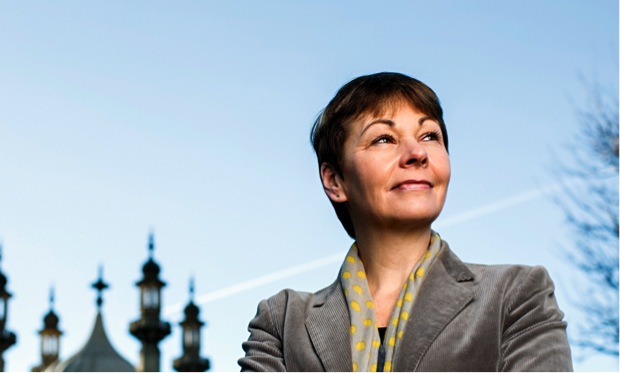 Caroline Lucas, MP for Brighton Pavilion and the Green Party, voted against the air strikes. She told us that in her opinion “dropping bombs makes matters worse in the long term”, pointing to lessons we should have learnt from the past and how Western bombing of Syria confirms ISIS’/ISIL’s/Daesh’s narrative, by creating precisely the war of the West against Islam that the terrorist organisation wants. Lucas explains that instead of dropping bombs there need to be alternative measures to create long-term stability and peace in the region. She suggests diplomatic measures, stopping the sale of arms to repressive regimes and a consistent foreign policy. Her rejection of the governmental decision is clear:
Caroline Lucas, MP for Brighton Pavilion and the Green Party, voted against the air strikes. She told us that in her opinion “dropping bombs makes matters worse in the long term”, pointing to lessons we should have learnt from the past and how Western bombing of Syria confirms ISIS’/ISIL’s/Daesh’s narrative, by creating precisely the war of the West against Islam that the terrorist organisation wants. Lucas explains that instead of dropping bombs there need to be alternative measures to create long-term stability and peace in the region. She suggests diplomatic measures, stopping the sale of arms to repressive regimes and a consistent foreign policy. Her rejection of the governmental decision is clear: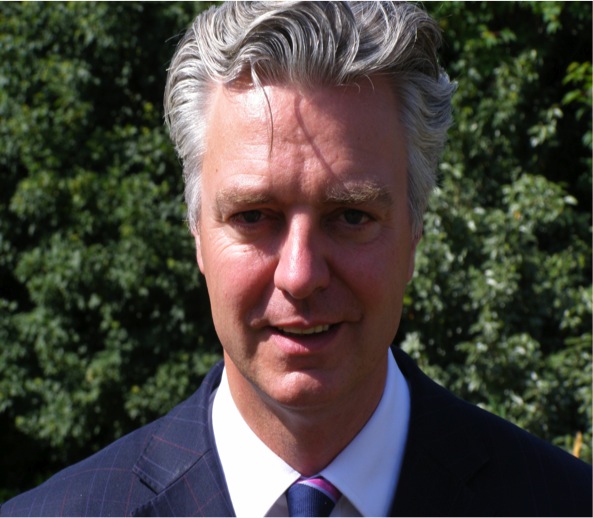 Lastly, Simon Kirby, Conservative MP for Brighton Kemptown, did not feel like getting back to us at all. As a Government whip Kirby voted in line with the Prime Minister’s proposal for air strikes in Syria. On his homepage we can read a short statement in which he explains that attacking the headquarters of ISIS is the best measure to ensure security for British civilians and avoid more terror attacks in the Western world. While he does not mention how the aims of air strikes in the region could be of help to the Syrian people and create peace in the area, at least he lets us know that British military capabilities “minimise civilian casualties”. Well, then there’s nothing to worry about, or is there?
Lastly, Simon Kirby, Conservative MP for Brighton Kemptown, did not feel like getting back to us at all. As a Government whip Kirby voted in line with the Prime Minister’s proposal for air strikes in Syria. On his homepage we can read a short statement in which he explains that attacking the headquarters of ISIS is the best measure to ensure security for British civilians and avoid more terror attacks in the Western world. While he does not mention how the aims of air strikes in the region could be of help to the Syrian people and create peace in the area, at least he lets us know that British military capabilities “minimise civilian casualties”. Well, then there’s nothing to worry about, or is there?
